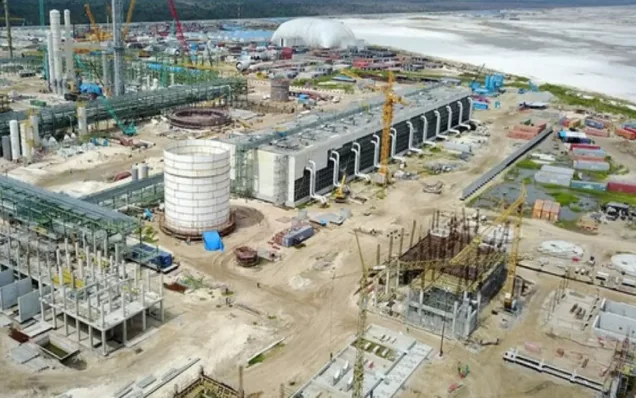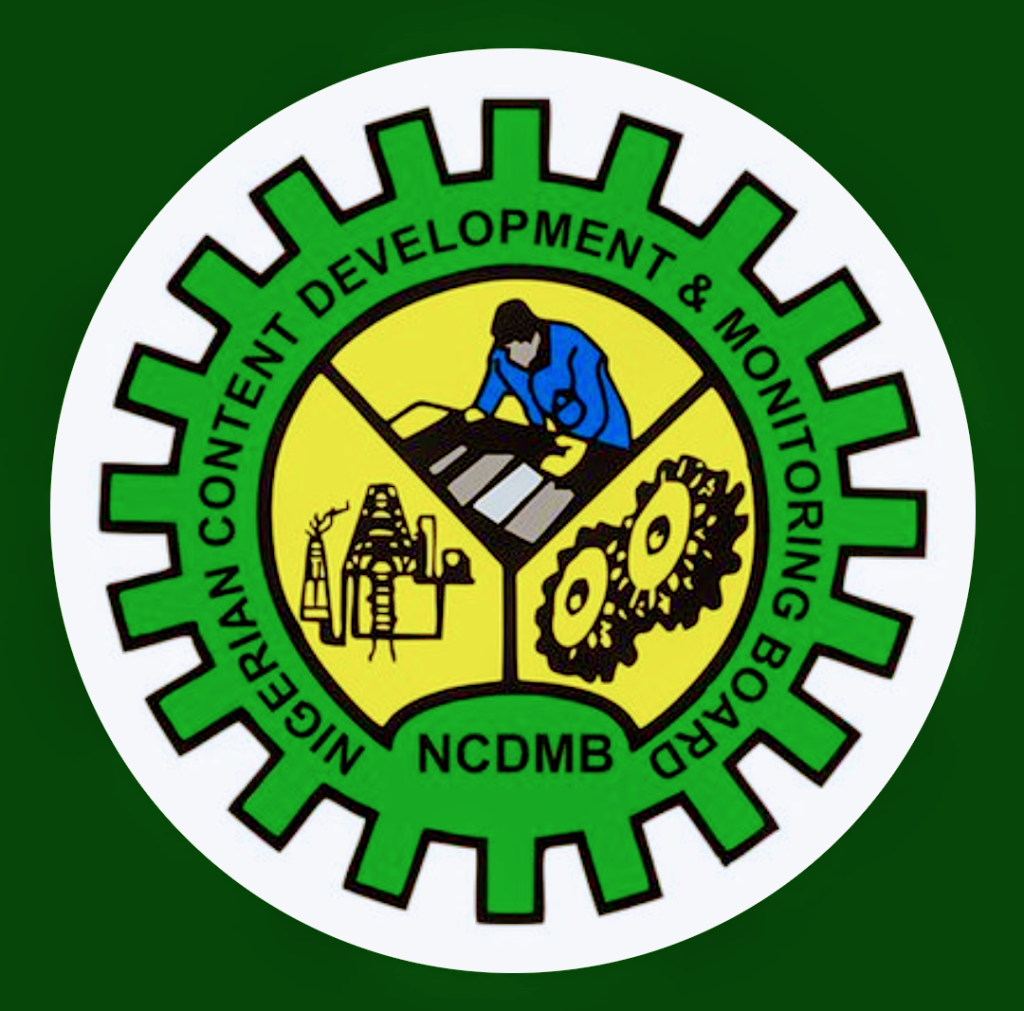Vice President, Prof. Yemi Osinbajo
The Vice President, Prof. Yemi Osinbajo on Monday said that the present administration remains fully committed to the passage of the Petroleum Industry Governance Bill (PIGB), saying we are working closely with the National Assembly to ensure its timely passage.
Osinbajo who was represented by Dr Ibe Kachikwu, Minister of State Petroleum Resources gave the assurance during his keynote address at the 18th international HSE Biennial conference, organised by the Department of Petroleum Resources (DPR) in Lagos.
He said that the reforms proposed in the PIGB reflects our collective desire to entrench transparency and sustainability of oil and gas operations in Nigeria to enable the country finally to realise the full potential of her hydrocarbon resources.
According to him, I am pleased to bring you the warm greetings and felicitations of President Muhammadu Buhari on this occasion of the opening ceremony of the 18th International Health Safety and Environment (HSE) Biennial Conference.
“It is noteworthy that the theme of the conference which is centred around sustainability dovetail’s seamlessly with this administration’s vision and policy for the Oil and Gas Industry as a vehicle for driving the industrialization and growth of the Nigerian economy in a transparent, responsible and sustainable manner.
“ As a gathering of all stakeholders in the oil and gas industry I am confident that your deliberations will yield important policies and ideas that will guide government in the formulation of policies for achieving sustainable development of not only our oil and gas resources.
“`But also serve as a model for our other extractive industries that are not yet as mature,;; he said.
The Vice President said that no discussion about the future of the Oil and Gas can be divorced from the Petroleum Industry Bill (PIB) which represents the most ambitious and comprehensive reform in decades of the oil and gas industry in Nigeria.
He said that while there have been varied reactions to Mr President’s recent decision to return the Petroleum Industry Governance Bill (PIGB) to the National Assembly for slight amendments.
Osinbajo said that resolving the security challenge in the Niger Delta remains on the front burner for this administration as we seek to create a peaceful business climate that will attract investors and bring massive development to the oil producing communities.
He said that government is fully sensitive to the genuine agitations of the host communities for greater participation in, and control of oil and gas resources, the law and order element to the problem has to be tackled headlong to allow for a peaceful business environment.
“The proposals in the host community bill currently undergoing review represent a paradigm shift in the relationship between oil and gas operators and their host communities.
“And the government in collaboration with state government and other stakeholders is fully committed to comprehensive reforms that empower the communities and move them from stakeholders to actual shareholders and partners in the oil and gas business.
“This will result in the formulation of a comprehensive livelihood strategy and development plan for the Niger Delta to complement the efforts of the various interventions by the Federal Government though the Niger Delta Ministry (NDDC) and the amnesty program.
“The Federal Government’s commitment to the ease of doing business was reflected in the Executive Order 1 signed on May 18, 2017.
“The order had five main planks including: Transparency; Default Approvals; One Government; Port Operations and Entry Experience of travellers and visitors. As the mainstay of the Nigerian Economy, there is a dire need for ease of doing business in the oil and gas sector.
“The current regime of multiple and sometimes conflicting regulators/regulations is a serious drawback on the ease of doing business in the petroleum industry.
“While we continue to seek to resolve these conflicts using the instrument of law, I wish to remind the various agencies and ministries of their primary responsibility to promote efficient service delivery and serve as the engine room for driving the collective policy of “one government”.
“I therefore enjoin all the conflicting agencies to close ranks, finetune and improve cooperation and document their resolutions in binding MOUs that will ease the burden of over-regulation of the oil and gas sector,’’he said.
Osinjo said: I am also pleased to announce to this gathering of Environmental experts that the government has fully commenced the clean-up of impacted oil spill sites in the Niger Delta.
“This is a massive undertaking that reflects the Government’s commitment to restoring livelihood in the Niger Delta and deserves the support of all Nigerians,’’ added.
The Vice President, however, appeals to the host communities to assume greater and more responsible stewardship of oil and gas infrastructure in their communities even as the government works to incentivise their efforts through the host community bill.
3 modular refineries to begin operations in 2019- Kachikwu
The Minister of State for Petroleum Resources, Dr Ibe Kachikwu has said that there are strong indications that three modular refineries, out of 40 licenses issued, will likely come on stream by end of 2019.
Kachikwu disclosed this at the 3-days Biennial International Conference for Health, Safety and Environment (HSE) organised by Department of Petroleum Resources (DPR)in Lagos on Monday.
He told participants that “out of the 40 private licenses issued to private investors to build refineries, only 10 have showed signs of progression.
“Out of the 40 licenses issued, only 10 have shown progress by submitting their programmes and putting something on the ground.
“ By end of 2019, we are assured that three private modular refineries would come on stream,’’ he said.
The minister said that the conference is a renowned and highly-professional forum for pooling ideas and research findings for the incubation of enduring and game-changing oil and gas policy initiatives.
“Perhaps this edition of the conference could not have come at a better time, first to allay the popular fear that the days of oil and gas as an international commodity and energy source are over.
“And secondly, to stimulate new ideas on sustainable ways of developing this resource in a manner that will both prolong its acceptability as an energy source and also help the nation reap optimal benefits,’’ he said.
Kachikwu said that environmental sustainability is a key component of the Seven Big Wins initiative of the President Muhammadu Buhari Administration for the oil and gas Industry.
He said that with the continuous inflow of statistics from the DPR highlighting the gory state of affairs on gas flaring and the failure of previous efforts to end the menace, the ministry had to come up with new initiatives to truly incentivize the flare-out policy by creating the new National Gas Policy.
He said that the policy is aimed at ensuring that all currently flared gas, including those previously considered as non-technically feasible and non-commercially viable, is gathered and utilised for various economic utilities that are financially rewarding to the producers.
He added that the collectors and interested investors that then convert it for power generation, petrochemicals and other beneficial uses.
“ Aggressive efforts are being made within the ambits of HSE sustainability to convert more gas to LNG through new and existing investors to retain Nigeria in its currently threatened fourth position as an LNG exporter.
“Our push for the increased investments in modular and conventional refineries is not only targeted at helping the nation benefit from its resources by providing products to the entire West African sub-region.
“But also essentially to stop the scourge of local unconventional artisanal refineries that have led to massive oil spills that have been hard to manage for nearly a whole decade.
“ And, indeed, if anyone has new innovative ideas for improving the science of local refining initiatives, the DPR has been directed to listen to same, improve and license it, perhaps we may end up developing local technologies that can be exported, provided the HSE content meets acceptable international standard ,’’ he added.
Meanwhile, the Director of Department of Petroleum Resources (DPR), Mr. Modeccai Ladan, urged stakeholders to galvanize efforts at maximizing Nigeria’s production and minimize wastage.
Ladan explained that the oil and gas industry seems to be under a new threat, which is the renewed dislike and global war against fossil fuels and the quest for renewable and cleaner energy, purely for environment considerations, chief among which is the concern about global warming.
According to him, “Over the years, the threat against fossil fuels had always been on paper, but today, it is more real than ever, based on some clear evidence I like to draw our attention to.
“Three among the biggest technology companies have made attempts at electric cars to replace gasoline and diesel engines.
“While the attempt of Apple may not have made it to production yet and that of Google was suspended after clearly successful street trials that of Tesla actually took the world by surprise.
“Not only did the first two releases of Tesla outsell sales forecasts, they were actually oversubscribed, and the demand keeps rising while new models are being added,’’ he said.
Ladan said; “As we speak, some of the big International Oil Companies (IOCs) here seated are funding gigantic researches into alternative fuels, which include the use of cheap, common algae.
“ As sweet as Nigeria’s crudes are renowned to be globally, we have recently lost our most valued customers and our gas buyers are themselves now competing with us in the same market space as suppliers.
“Ladies and gentlemen, all of these points to one fact, namely, if Nigeria is to continue to benefit from its vast petroleum resources, now than ever is the time to build sustainability into its prospecting, drilling, production, transportation and usage.
“As well as management of its wastes. And this task rests on the shoulders of not only the DPR but all stakeholders.
“Little wonder then that we have chosen a befitting theme for this current edition of the conference, which is: “Driving Sustainability in the Oil and Gas Industry through Improved Stakeholders’ Environmental Stewardship.” he added.














